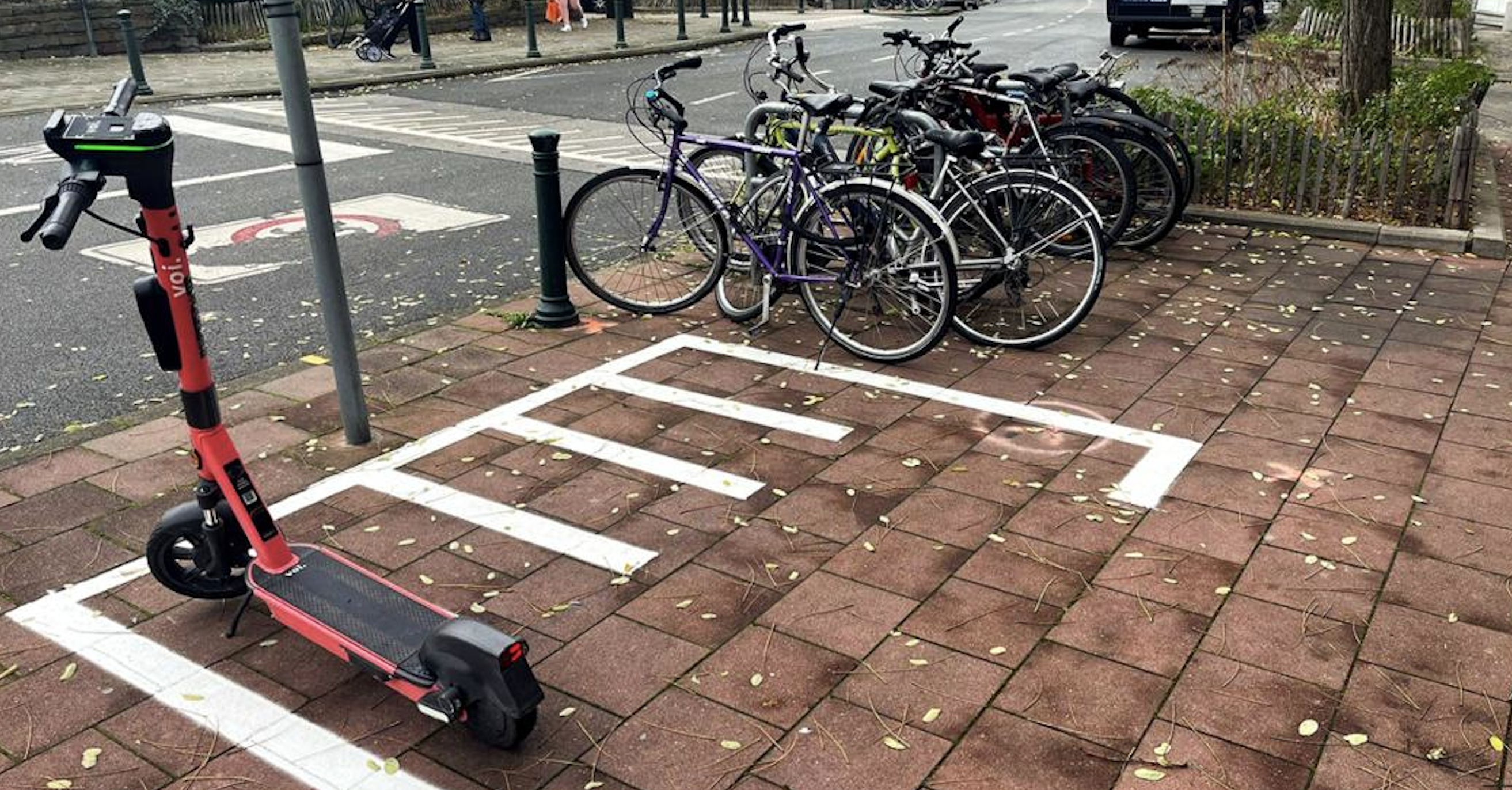
Brussels to provide 3.000 drop zones for shared e-scooters

Nearly 3 000 drop zones for shared e-scooters will be installed in the Brussels Region /Municipality of Etterbeek
There will be an end to the nuisance and the uncontrolled proliferation of shared e-scooters lying around in the Brussels Region. Some 3 000


Comments
Ready to join the conversation?
You must be an active subscriber to leave a comment.
Subscribe Today